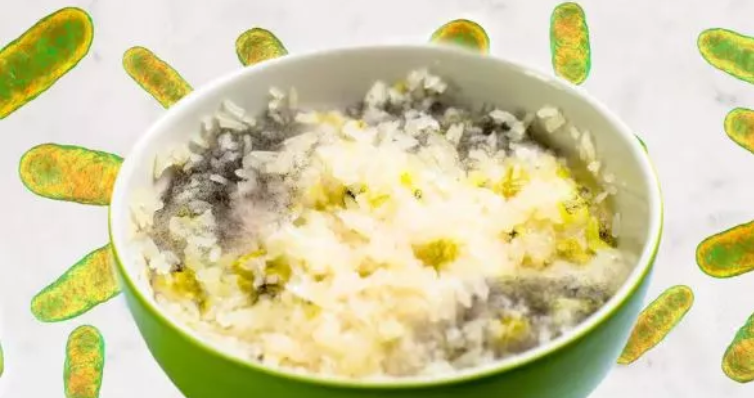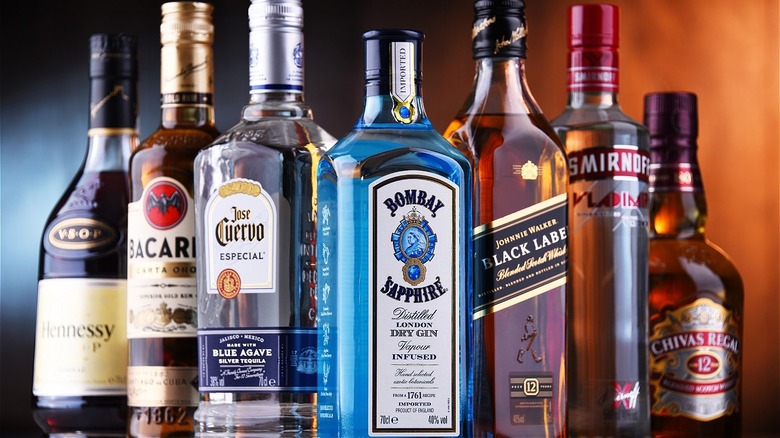
Reheating a plate of yesterday’s meal might seem harmless, but certain foods can become dangerous if they aren’t stored or reheated properly. Some can grow harmful bacteria, while others release toxins that could make you sick.
This doesn’t mean you should throw away all your leftovers, but knowing which foods require extra care can protect your health and your family’s too.
If you’ve ever wondered why some meals taste funny or make you feel unwell when eaten the next day, it could be because of the type of food or how it was stored.
Here are five common foods that can be risky to eat as leftovers. You’ll also learn how to handle them safely to avoid any health problems.
- Rice
Leftover rice might seem harmless, but it can be surprisingly dangerous if not stored properly. Cooked rice can grow a bacteria called Bacillus cereus, which produces toxins that can cause food poisoning. If rice is left at room temperature for too long, these bacteria multiply quickly. Always store leftover rice in the fridge within an hour of cooking, and when reheating, make sure it’s steaming hot throughout.
- Eggs
Egg-based dishes like scrambled eggs, quiche, or custards can spoil quickly and become a breeding ground for bacteria like Salmonella. These bacteria thrive if the eggs are not properly stored or reheated. To stay safe, refrigerate egg-based foods as soon as they cool, and reheat them thoroughly before eating. If you’re unsure about how long they’ve been sitting out, it’s better to throw them away.
- Chicken
Chicken is a common leftover food, but it can turn dangerous if not handled carefully. Bacteria like Salmonella and Campylobacter can grow if cooked chicken isn’t cooled or reheated properly. Reheating chicken more than once can make things worse, as it creates uneven heating, allowing bacteria to survive. Always store leftover chicken in an airtight container in the fridge and reheat it thoroughly before eating.
- Seafood
Fish, shrimp, and other seafood spoil quickly, even when stored in the fridge. Leftover seafood can develop harmful bacteria like Listeria, which can cause serious illness. Reheating seafood can also release a strong smell and change the taste, making it less appetizing. To stay safe, try to eat seafood fresh, and avoid keeping leftovers for more than one day.
- Potatoes
Cooked potatoes can become toxic if left at room temperature for too long. They are prone to growing a bacteria called Clostridium botulinum, especially when stored in foil or airtight containers without refrigeration. If you have leftover potatoes, refrigerate them quickly and reheat them properly to kill any bacteria.
SOURCE: www.browngh.com




